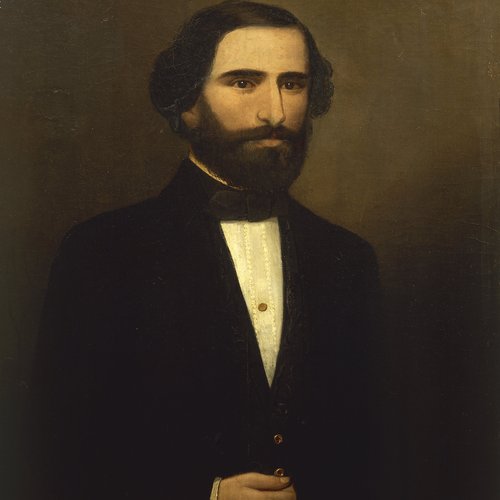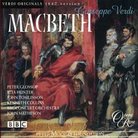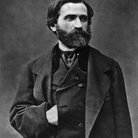Verdi - Rigoletto
Verdi's Rigoletto from 1851 is another example of the king of romantic opera's craft, and yet another jewel in his operatic crown.
‘Use four legs, run through the town and find me an influential person who can obtain the permission for making Le Roi s’Amuse’.
It’s a great line, and one that shows how determined Verdi was to get his hands on Victor Hugo’s Le Roi s’Amuse. Hugo’s work was already pretty controversial, having been dogged by interference from the censor in his native Paris. The man with the blue pencil didn’t feel that the portrayal of the eponymous monarch as a womanising cynic, lacking moral fibre, was the way to present kings.
In the end, Verdi switched his characters around, with the King becoming the Duke of Mantua. Womanising, immoral dukes didn’t appear to cause the same level of offence. It was first performed, pretty much at the height of Verdi’s popularity, at Venice’s La Fenice Opera House in the March of 1851. Contemporary accounts say that it was a massive success, and some report that the bigoted Duke of Mantua’s aria ‘La donna è mobile’, was being sung in the streets the next day.














